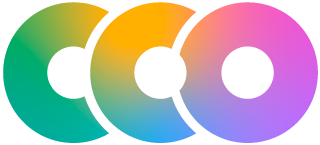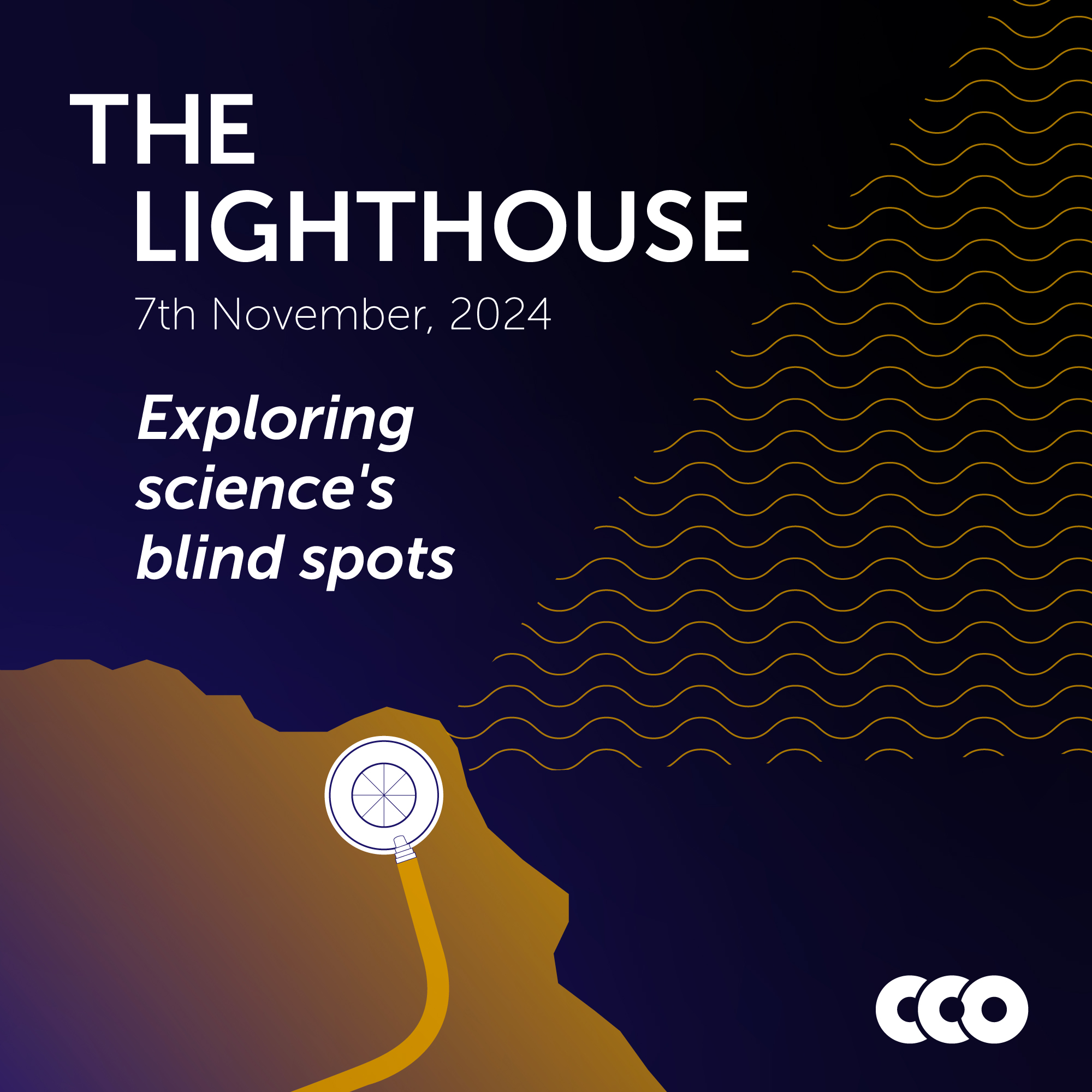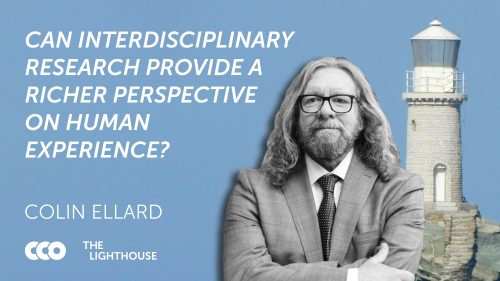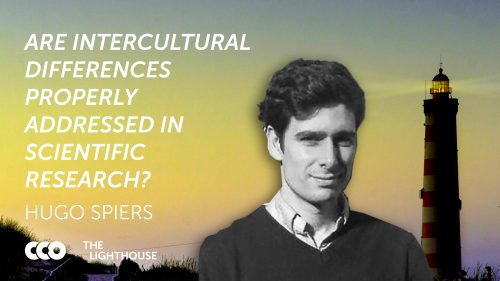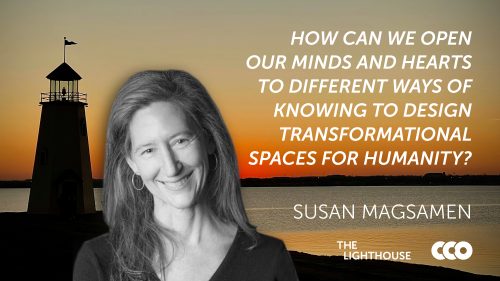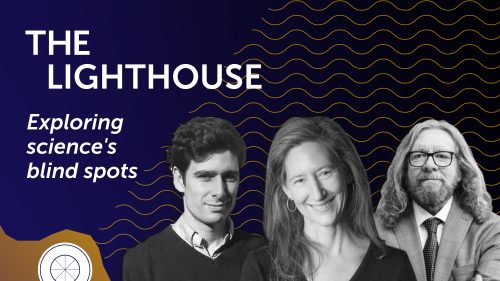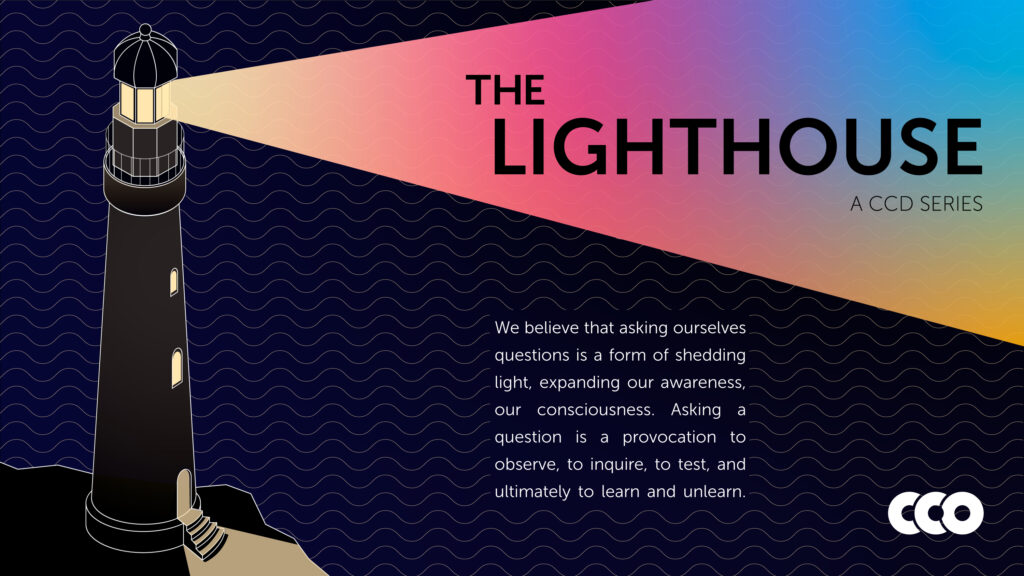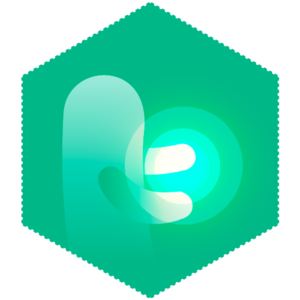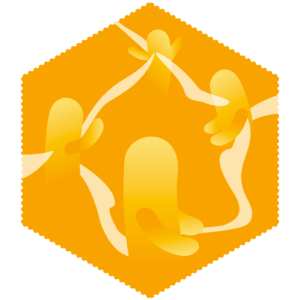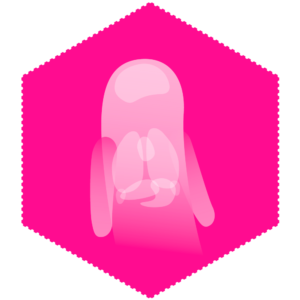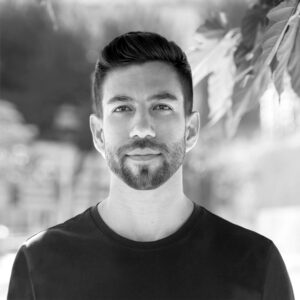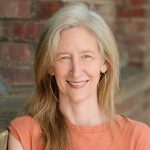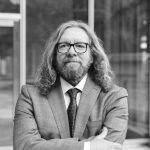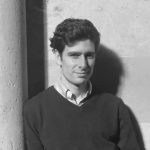We believe that asking ourselves questions is a form of shedding light, expanding our awareness, our consciousness. Asking a question is a provocation to observe, to inquire, to test, and ultimately to learn and unlearn. In this spirit, we invite you to collectively contemplate our trajectory as a society, to reimagine ourselves through our relationship with place.
Lighthouse events gather the CCD community to set a path of inquiry for the field of Conscious Design and the Conscious Cities Movement. In this event, leading figures in the neuroscience of spatial experience will invite us to explore science’s blind spots. What are the questions that aren’t being asked, and why? What do we stand to gain from exploring the lesser known, and how might we do it?
The questions raised will be gathered and presented as points of departure for upcoming research, writing, and events for the future, including at the following year’s Conscious Cities Festival.
Three of our Lighthouse Fellows, Susan Magsamen, Colin Ellard, and Hugo Spiers will each deliver a short talk. Afterwards, all participants will be invited to smaller breakout rooms where you will have the opportunity to connect and share ideas and provocations.
Event length: 1 hour 30 minutes
